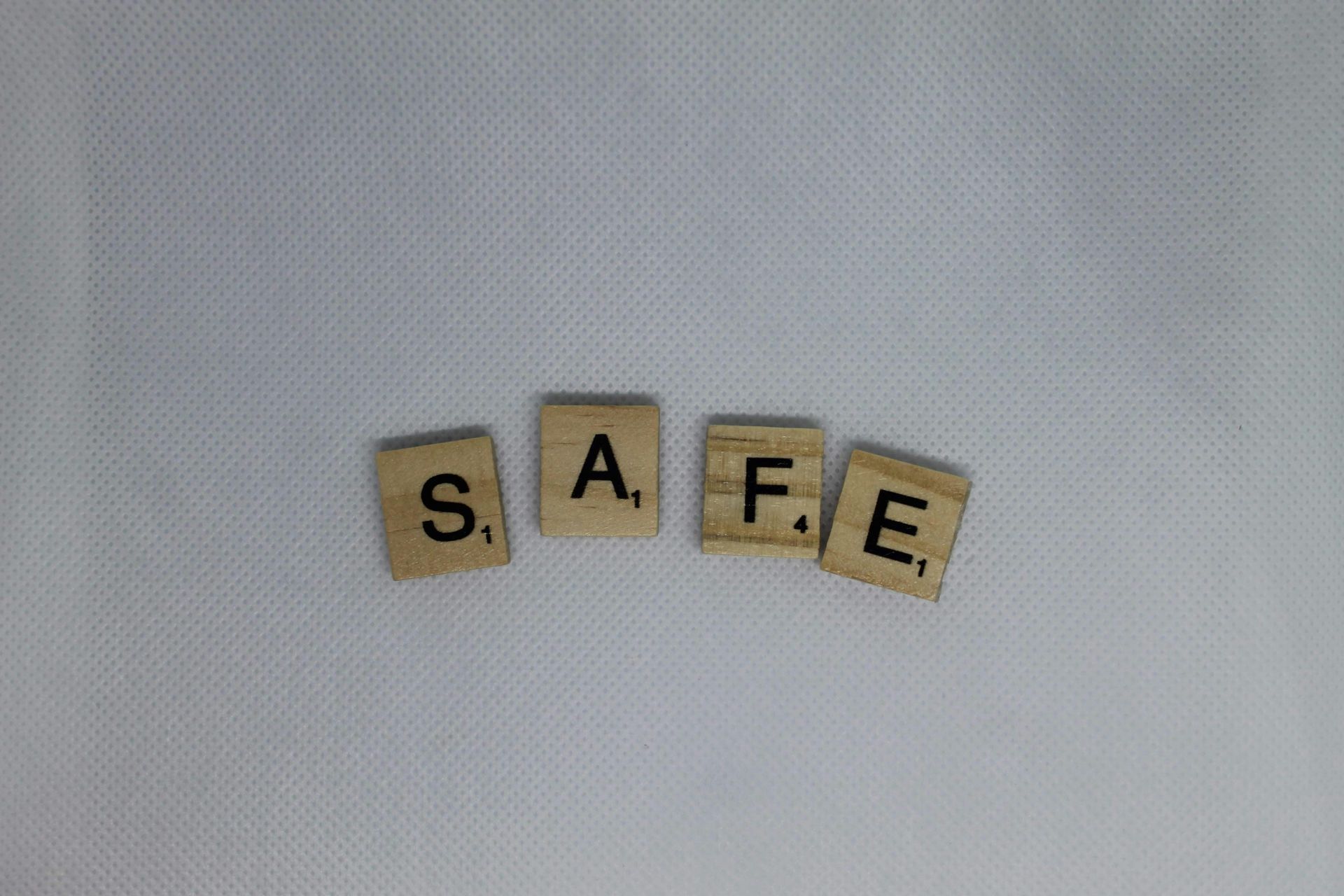Finding Peace: How Understanding Complex PTSD Can Transform Your Healing Journey
Navigating the Path to Recovery from Complex Trauma with Professional Counseling Support

Have you ever felt like your emotional reactions were disproportionate to the situation at hand? Or perhaps you've struggled with persistent feelings of emptiness, shame, or disconnection that therapy hasn't quite addressed? For many trauma survivors, these experiences are hallmarks of a condition that goes beyond traditional PTSD—Complex Post-Traumatic Stress Disorder (C-PTSD).
Complex PTSD often goes unrecognized or misdiagnosed, leaving many people struggling with symptoms they don't understand. Unlike single-incident trauma, C-PTSD typically develops from prolonged exposure to traumatic situations—particularly during childhood—where escape was difficult or impossible. According to renowned trauma expert Dr. Bessel van der Kolk, "The body keeps the score: If the memory of trauma is encoded in the viscera, in heartbreaking and gut-wrenching emotions, in autoimmune disorders and skeletal/muscular problems, then talk therapy, which engages the cognitive brain, doesn't address the deeper problem" (van der Kolk, 2014, p. 86).
Understanding Complex PTSD is the first step toward effective treatment. When we recognize how deeply trauma can impact our bodies, relationships, and sense of self, we can begin healing from a more holistic perspective.
Body-Centered Awareness: Reconnecting with Your Physical Self
The journey to healing Complex PTSD often begins with reconnecting to your body. Dr. van der Kolk explains that "traumatized people chronically feel unsafe inside their bodies: The past is alive in the form of gnawing interior discomfort" (van der Kolk, 2014, p. 97).
To begin practicing body-centered awareness:
- Start with simple grounding exercises—focus on your five senses to anchor yourself in the present moment
- Practice gentle body scans, noticing physical sensations without judgment
- Incorporate mindful movement practices like yoga or tai chi
- Work with a trauma-informed therapist who can guide you through somatic experiencing techniques
The benefit of this approach is significant: as you learn to feel safe in your body again, you begin to reclaim your sense of agency and control.
Creating Safety in Relationships: The Power of Secure Connections
Complex trauma often occurs within relationships, making healthy connections both challenging and essential for healing. Dr. van der Kolk emphasizes that "being able to feel safe with other people is probably the single most important aspect of mental health" (van der Kolk, 2014, p. 79).
Working with a compassionate counselor can help you:
- Identify relationship patterns stemming from trauma
- Practice healthy boundaries and communication skills
- Gradually build trust in safe relationships
- Process attachment wounds in a supportive environment
Just as Complex PTSD doesn't develop overnight, healing is a journey that unfolds over time. By understanding the unique challenges of C-PTSD and engaging in body-centered, relationship-focused healing practices, you can begin to transform your relationship with trauma. Remember, as Dr. van der Kolk reminds us, "trauma is not just an event that took place sometime in the past; it is also the imprint left by that experience on mind, brain, and body" (van der Kolk, 2014, p. 21).
Are you ready to begin your healing journey? The compassionate counselors at Bareiter Counseling Center specialize in trauma-informed approaches to Complex PTSD. Call us today at 704-334-0524 to schedule your first appointment.
References: van der Kolk, B. (2014). The Body Keeps the Score: Brain, Mind, and Body in the Healing of Trauma. Viking.



